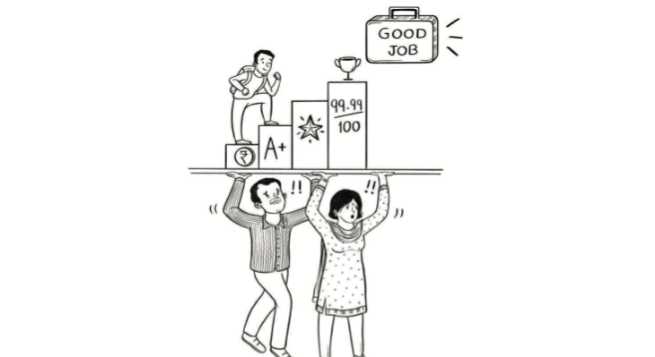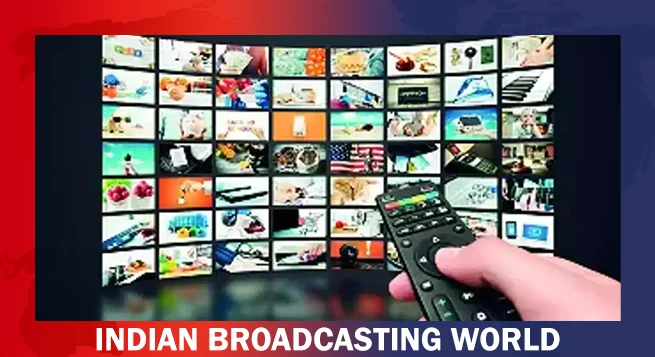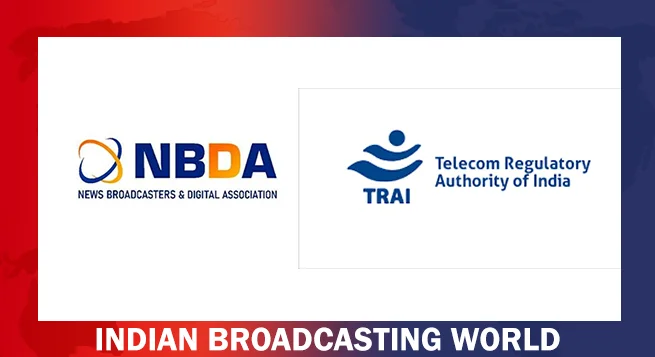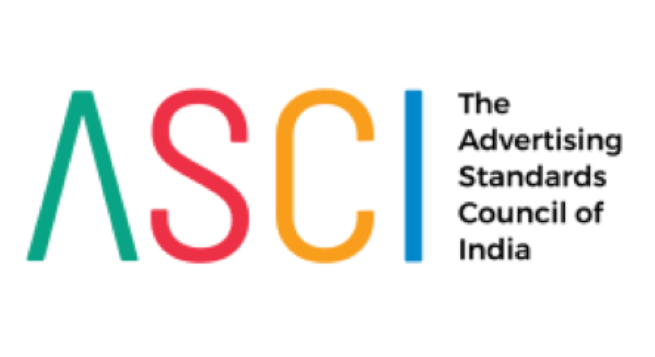India’s advertising watchdog ASCI has updated its guidelines for advertising for educational institutions, programmes and platforms after rigorous rounds of public consultation
The updated guidelines highlight the need for ads to refrain from messaging that can cause physical or mental harm to school students and exploit their vulnerabilities, the Advertising Standards Council of India (ASCI) said yesterday.
The exercise was undertaken with the aim of establishing a set of just and equitable principles that concern a critical industry in the country: education. Public consultation for the guidelines started on March 14, 2023, and was concluded on April 15, 2023.
Education has been among the top violative sectors for the past few years when it comes to advertising. In its Annual Complaints Report 2022–23, classical education ranked second among the top violative categories with 13.8 percent of total ads that did not adhere to ASCI’s guidelines.
While ASCI’s existing education guidelines require educational entities to substantiate any claims they make in their advertisements with relevant evidence, this latest update ensures that the advertisers are also mindful that their ads consider the students’ mental and physical well-being.

The amendments state that ads by educational institutions, including universities, colleges and schools, coaching classes, edtech platforms and others that offer education and training programmes should not stereotype students based on their gender, or appearance, nor portray those who score low as unsuccessful or failures.
Further to complying with the general rules of ASCI’s Code for Self-Regulation in Advertising, and the existing educations sector guidelines, the advertisements of educational institutions, programmes and platforms will now have to comply with the following additional guidelines:
- An advertisement may not show school students compromising on sleep or meals to study as this normalises unhealthy habits which are detrimental to student health.
- While an advertisement may show disappointment with low scores, it must not portray an average or poor scorer as an unsuccessful student or a failure, or show him/ her/ them as demotivated, depressed or unhappy, or receiving less love or appreciation from parents, teachers or peers.
- An advertisement must not create a false sense of urgency or fear of missing out that could accentuate anxieties amongst school students, or their parents.
- While an advertisement may feature students of any gender, the advertisement must not suggest that certain subjects are associated with particular genders alone. Advertisements must also not suggest that students with high scores are always associated with stereotypical characteristics such as wearing thick glasses. This does not prevent advertisements from depicting such students so long as they do not suggest that only these students are successful.
Responding to the new guidelines, Rohit Kumar Singh, Secretary, Ministry of Consumer Affairs, said in a statement, “Education advertising touches almost every citizen in the country. Ensuring the sanctity of advertising in this sector is an important task. The ASCI guidelines address the various issues that plague the sector and we hope that the industry will follow these in letter and spirit.
“I would like to reiterate that misleading ads are also a violation of the Consumer Protection Act and all necessary steps will be taken to keep our citizens safe”.
Talking about the amendment to education guidelines, Manisha Kapoor, CEO and Secretary General, ASCI, said: “In addition to ads not being misleading, the updated guidelines also provide for the physical and mental well-being of students, particularly school students. While fierce pressure in education is a reality, advertising must not perpetuate this problem, normalise it or exploit student and parental vulnerability.
“Based on our Ed-Next study, such issues were identified, and post extensive consultation with different stakeholders, we are now issuing the updated guidelines. ASCI remains deeply committed to consumer protection, and we will continue to update our Code to reflect contemporary and emerging concerns in advertising content”.
The Advertising Standards Council of India (ASCI), established in 1985, is committed to the cause of self-regulation in advertising, ensuring the protection of consumer interests. ASCI seeks to ensure that advertisements conform to its Code for Self-Regulation, which requires advertisements to be legal, decent, honest, and truthful and not hazardous or harmful while observing fairness in competition.
(Illustration courtesy artist Kosha Bathia/ASCI EdNext Study)
 Delhi HC orders meta to remove deepfake videos of Rajat Sharma
Delhi HC orders meta to remove deepfake videos of Rajat Sharma  Govt. blocked 18 OTT platforms for obscene content in 2024
Govt. blocked 18 OTT platforms for obscene content in 2024  Broadcasting industry resists inclusion under Telecom Act
Broadcasting industry resists inclusion under Telecom Act  DTH viewing going down & a hybrid ecosystem evolving: Dish TV CEO
DTH viewing going down & a hybrid ecosystem evolving: Dish TV CEO  New adventure of detective Feluda debuts on Hoichoi Dec. 20
New adventure of detective Feluda debuts on Hoichoi Dec. 20  ‘Pushpa 2’ breaks records as most watched film of 2024: BookMyShow Report
‘Pushpa 2’ breaks records as most watched film of 2024: BookMyShow Report  Hungama OTT unveils ‘Pyramid’
Hungama OTT unveils ‘Pyramid’  Amazon MX Player to premiere ‘Party Till I Die’ on Dec 24
Amazon MX Player to premiere ‘Party Till I Die’ on Dec 24  aha Tamil launches ‘aha Find’ initiative with ‘Bioscope’
aha Tamil launches ‘aha Find’ initiative with ‘Bioscope’  Netflix India to stream WWE content starting April 2025
Netflix India to stream WWE content starting April 2025 








